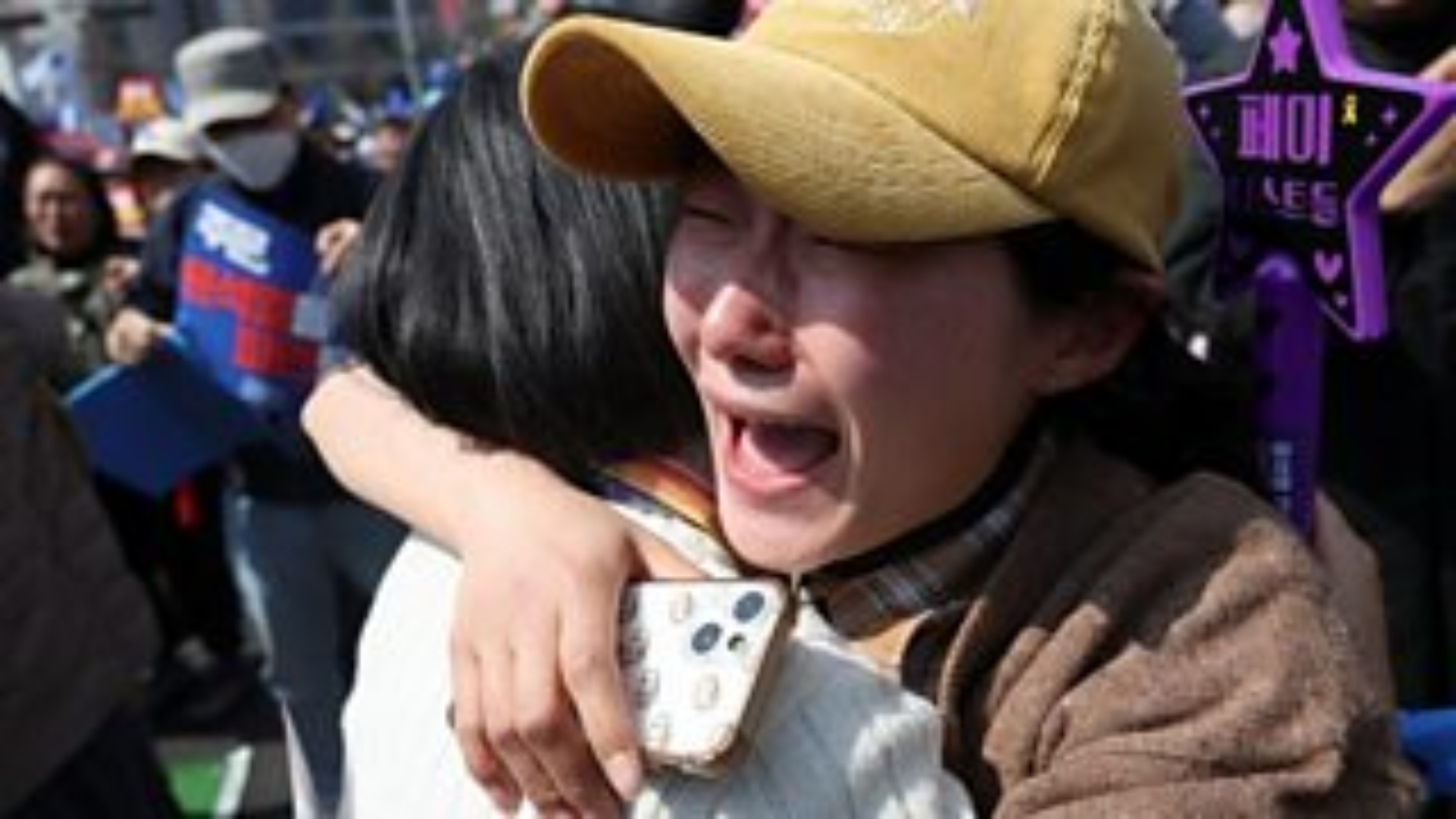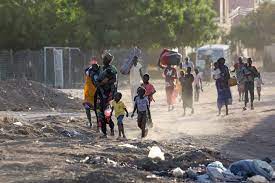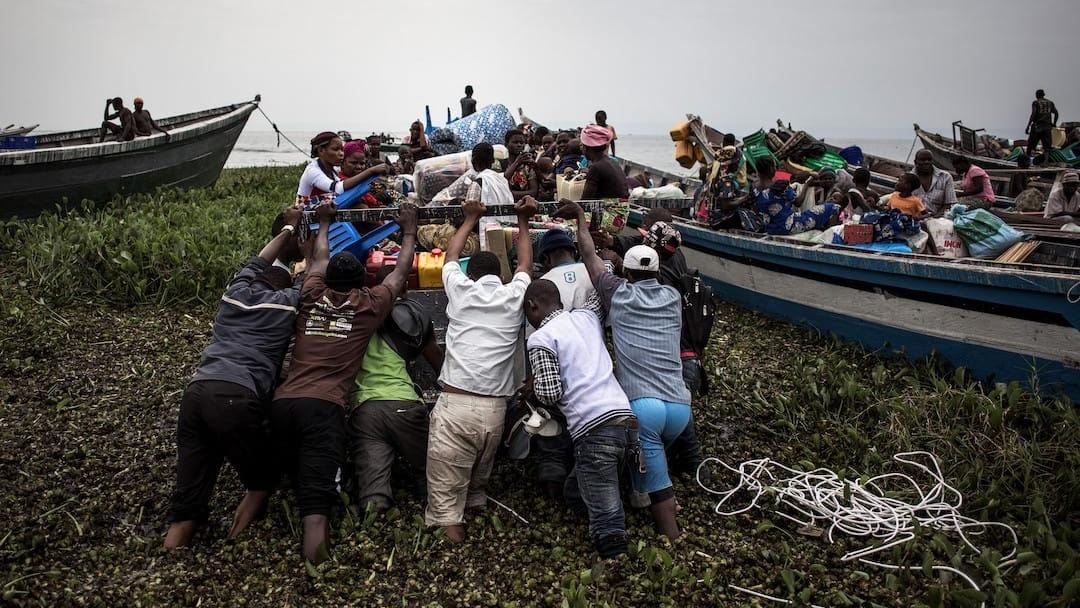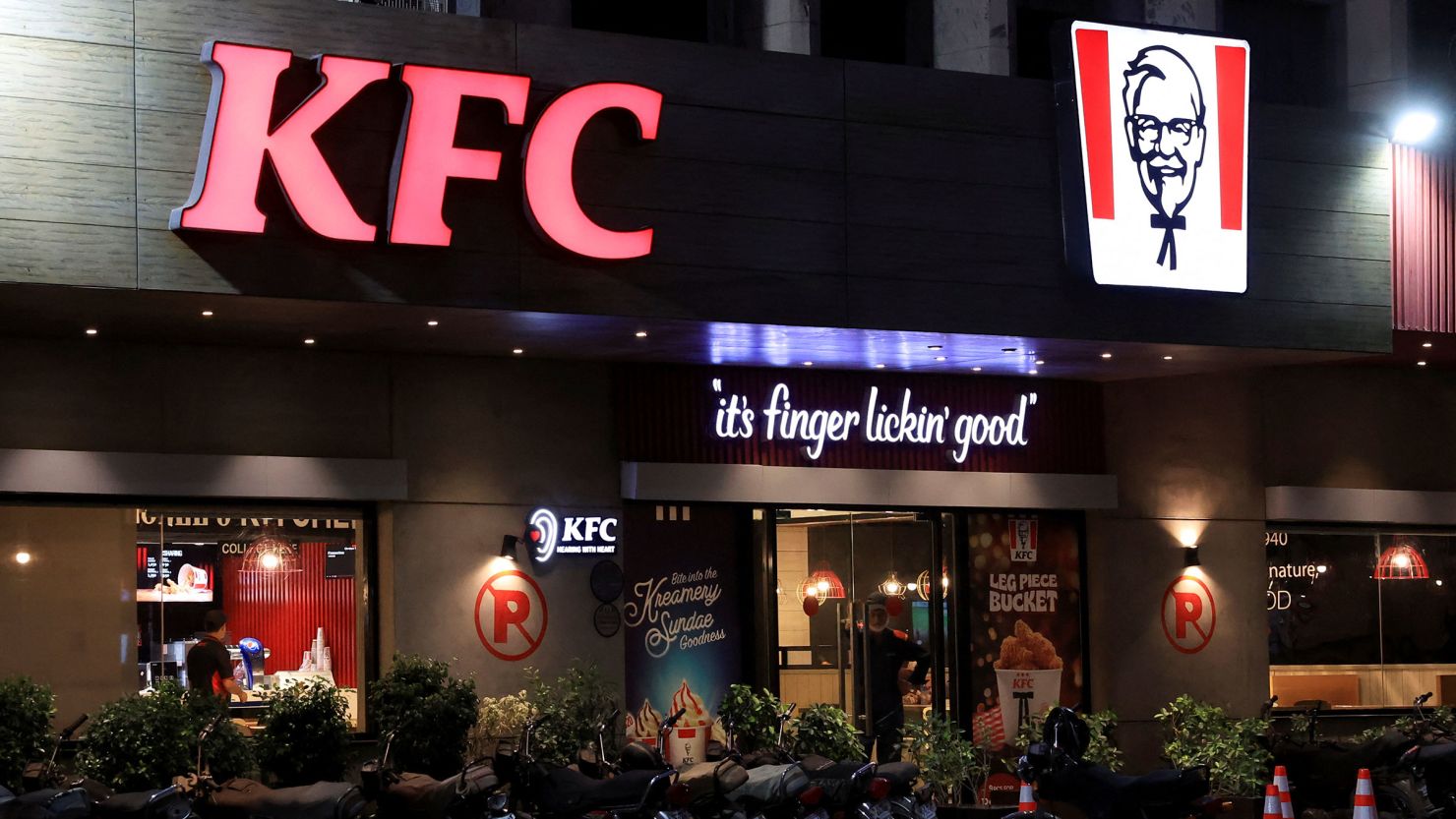Inter-group clashes in western South Sudan have led to
tragic loss of life, prompting urgent calls for peace from the country's
leadership. Since the start of February, over 150 individuals have lost their
lives in separate conflicts involving armed youths from Warrap State and their
counterparts from neighboring Lakes, Western Bar El Ghazal states, and Abyei,
an area jointly administered by South Sudan and Sudan.
While these conflicts appear disconnected, they all revolve
around the control of land and natural resources, with suspicions of political
agendas fueling the violence. Despite the formal end of the 2013-2018 civil
war, localized violence among rival communities continues to erupt frequently.
President Salva Kiir and First Vice President Riek Machar,
former adversaries turned leaders, have come together to denounce the
"sub-national violence" plaguing parts of the country. With national
elections looming later this year to determine the successors of the current
transitional government, tensions are high.
The most recent clashes, which resulted in the destruction
of a police station and market in Western Bar el Ghazal State, left a
devastating toll. Amidst the chaos, political manipulation is suspected, as
some fear losing power and resort to inciting violence to maintain control.
Edmund Yakani, an activist, expressed concern over the
proliferation of heavy weaponry among local groups and speculated that certain
politicians may be orchestrating the unrest to postpone elections and safeguard
their positions of authority.









